Impersonating police officers to guide drivers on how to integrate driving license points is one of three common scams on Vietnamese cyberspace during the week from February 3 to February 9, as warned by the Department of Information Security (Ministry of Information and Communications).
Hotel booking scam during peak spring travel season
Recently, a tourist who booked a room on the Facebook fanpage of Minawa Kenh Ga resort (Ninh Binh) was scammed out of more than 1 billion VND.
According to the Department of Information Security (Ministry of Information and Communications), many groups of scammers choose to create fake fanpages and use tricks to get a blue tick from Facebook.
Fraudsters will run fake fanpage ads to create credibility, even buy fake comments about booking rooms or praising homestays and hotels to create trust.

The Information Security Department recommends that people should be vigilant against fake Fanpages of hotels and tourist accommodations; carefully check and verify information about the location, facilities of the accommodation as well as the background of the service provider; do not transfer deposits without verifying the reputation of the subject.
New scam appears about integrating driving license points
Recently, Thanh Hoa Provincial Police have warned about a new form of fraud involving installing public services to receive traffic points.
Specifically, on January 5, Ms. LTL living in Thuong Xuan district (Thanh Hoa) received a phone call from a person claiming to be a police officer to advise: The Road Traffic Law takes effect from January 1, 2025, applying each citizen participating in traffic to be granted 12 points; and there will be a technical department officer calling to guide users to integrate 12 points of driver's license into public services.
About 15 minutes later, Ms. LTL received a call from phone number 0818050180, asking to add Zalo as a friend to receive instructions on installing public services to integrate driver's license points.
After following the subject's instructions, specifically entering personal information and taking pictures of the front and back of the bank card, Ms. LTL's account was deducted more than 7.9 million VND.
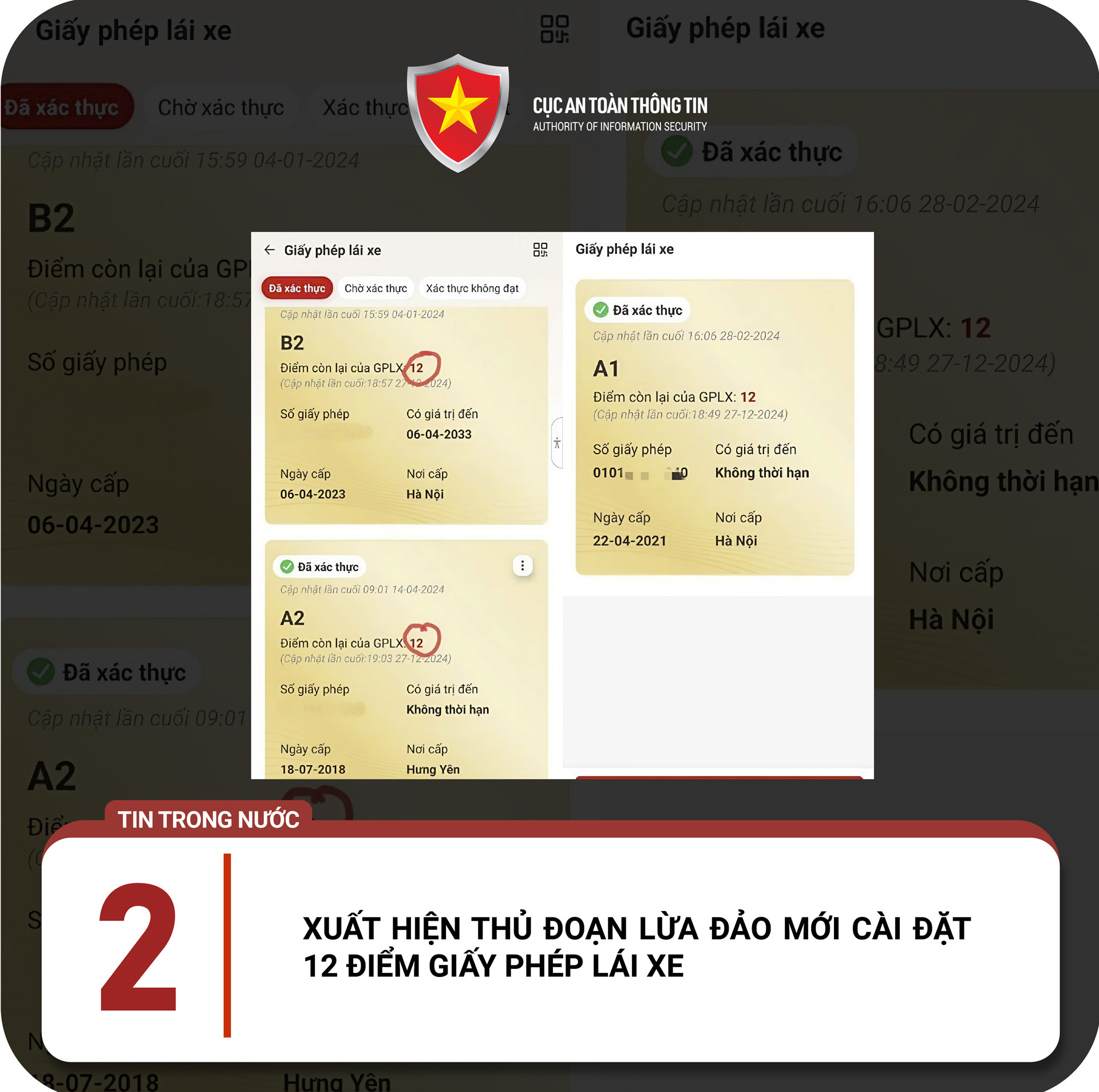
From the above incident, the Department of Information Security determined that the form of fraud impersonating officials and employees of state agencies is not new, but the tricks are increasingly sophisticated.
The common method of these subjects is to directly call personal mobile phone numbers, impersonating police officers to create trust and request people to go to the nearest police headquarters to supplement, edit, update, and complete their population data.
In addition, scammers often call and make requests during office hours, working hours... so that people cannot arrange their time, refuse requests to come to the police headquarters and choose to work and exchange information over the phone.
The Information Security Department noted that driver's license points will be automatically integrated when installing level 2 public services for people with driver's licenses; the police agency does not require people to install any services to integrate points.
People absolutely do not provide personal information or identification documents to anyone; do not transfer money upon request, do not download strange applications or websites of unknown origin.
When receiving a strange call claiming to be from a government agency, people need to check and verify the identity of the subject.
Beware of paint scams on social networks
PTT, a suspect residing in Vinh Bao district (Hai Phong), has just been prosecuted and temporarily detained by Thai Binh Provincial Police to investigate the act of fraud and property appropriation.
According to the investigation agency, from the beginning of 2023 until now, this subject has used many Facebook accounts to join groups to sell paint and paint cans.
After the customer confirmed the order and transferred the money to buy the goods, the subject blocked contact and appropriated the money received. Using the above tricks, the subject defrauded and appropriated the property of many victims across the country.
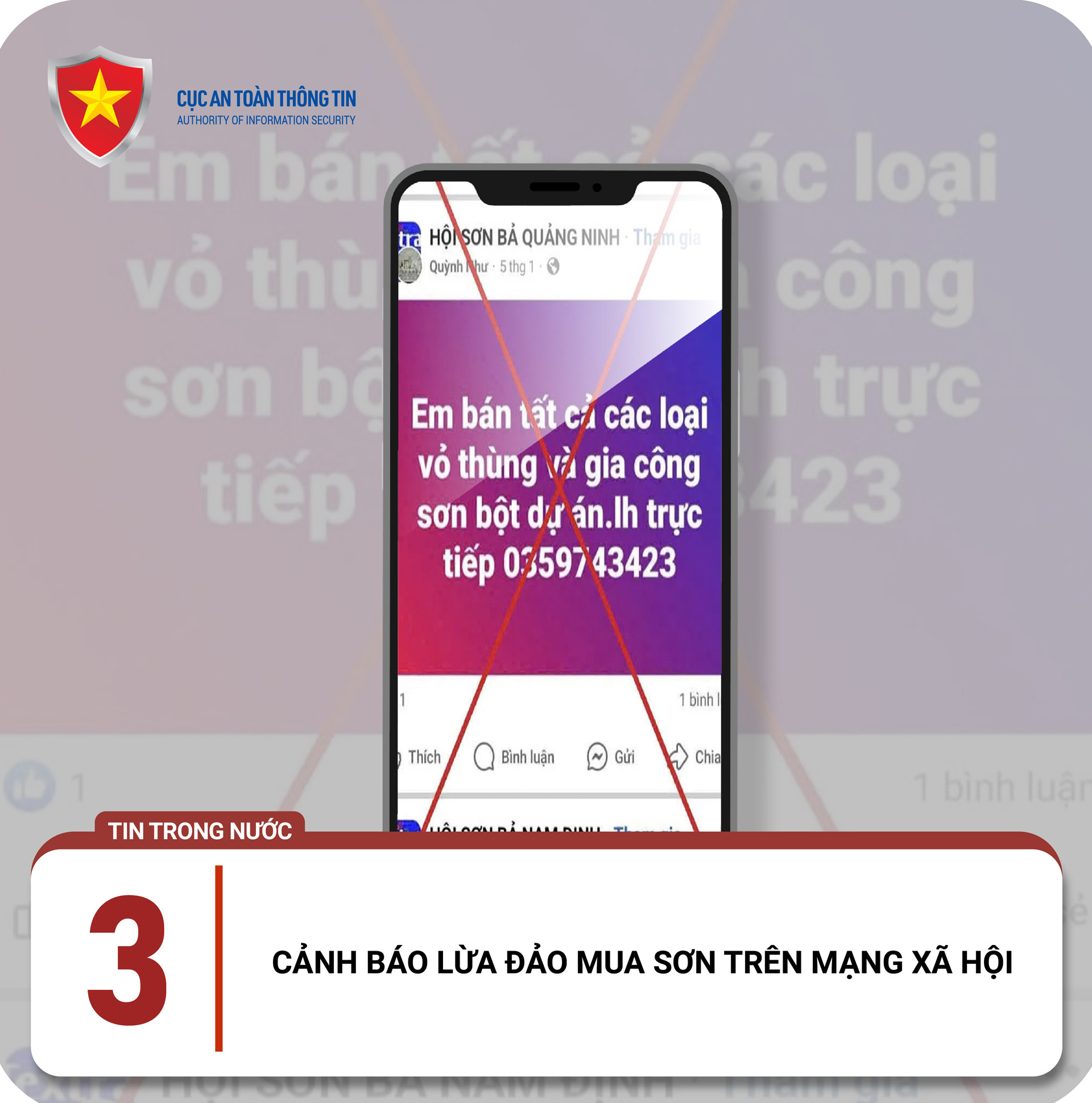
In response to the above information, the Department of Information Security recommends that people be cautious when making transactions on social networks or online.
People need to verify the identity of the subject, find out the reputation of the seller and the quality of the product before buying, and not transfer a deposit in advance to avoid having their property seized.
People also need to proactively protect personal information; do not transfer money or provide OTP codes to unknown individuals; and should not access any links or attachments received from unknown sources.
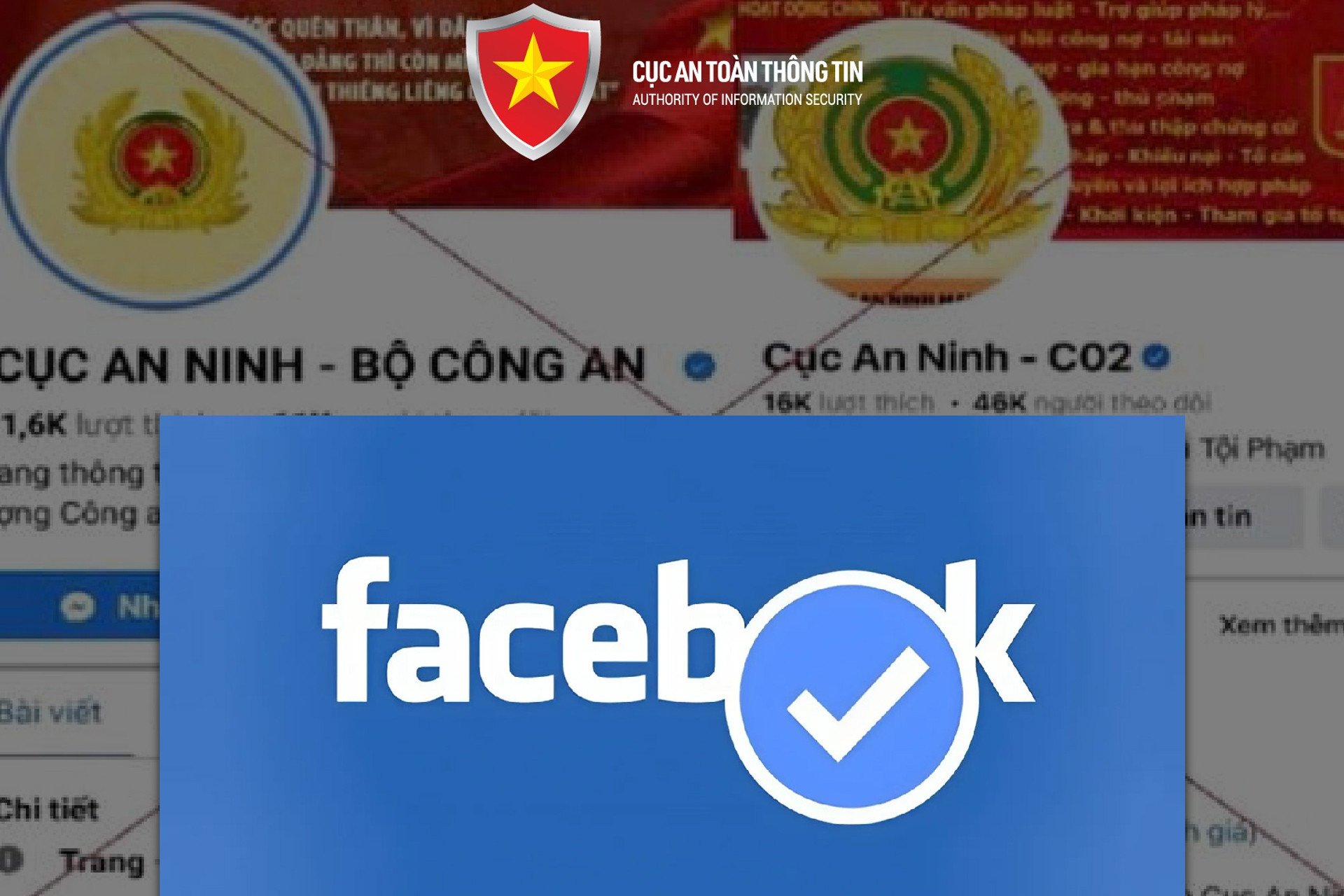
Source: https://vietnamnet.vn/thu-doan-lua-dao-moi-gia-danh-cong-an-huong-dan-tich-hop-diem-giay-phep-lai-xe-2369927.html












































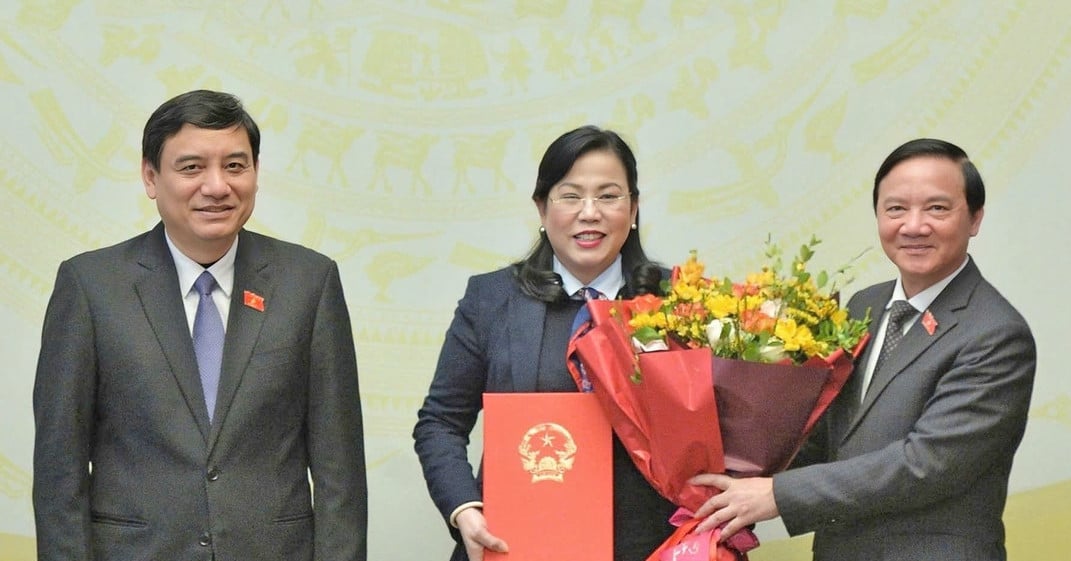
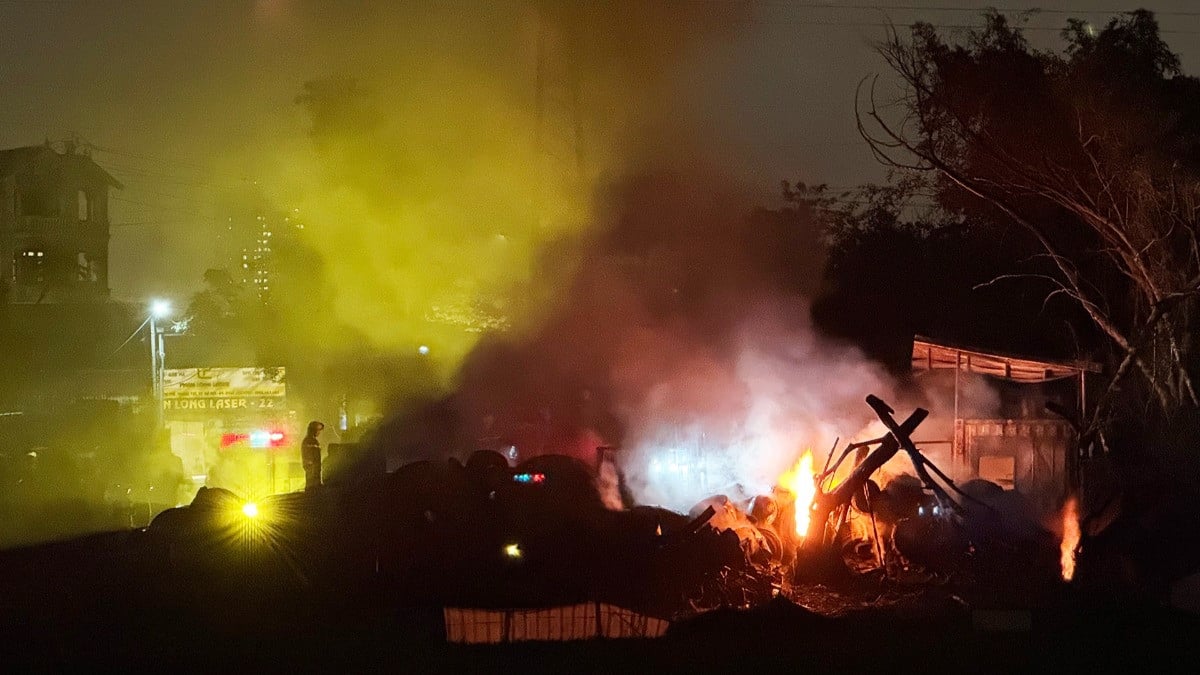




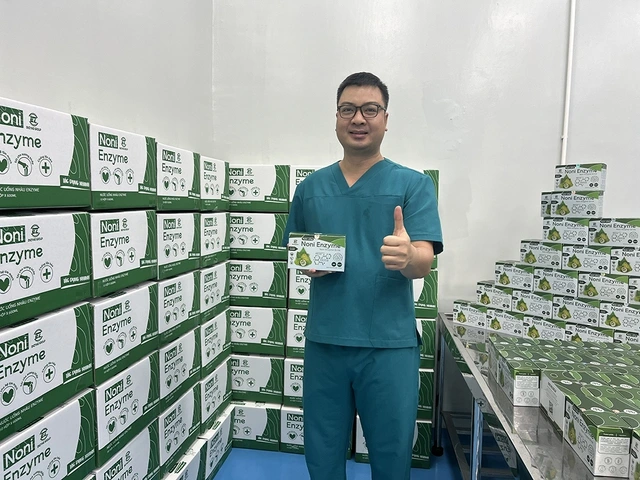









Comment (0)